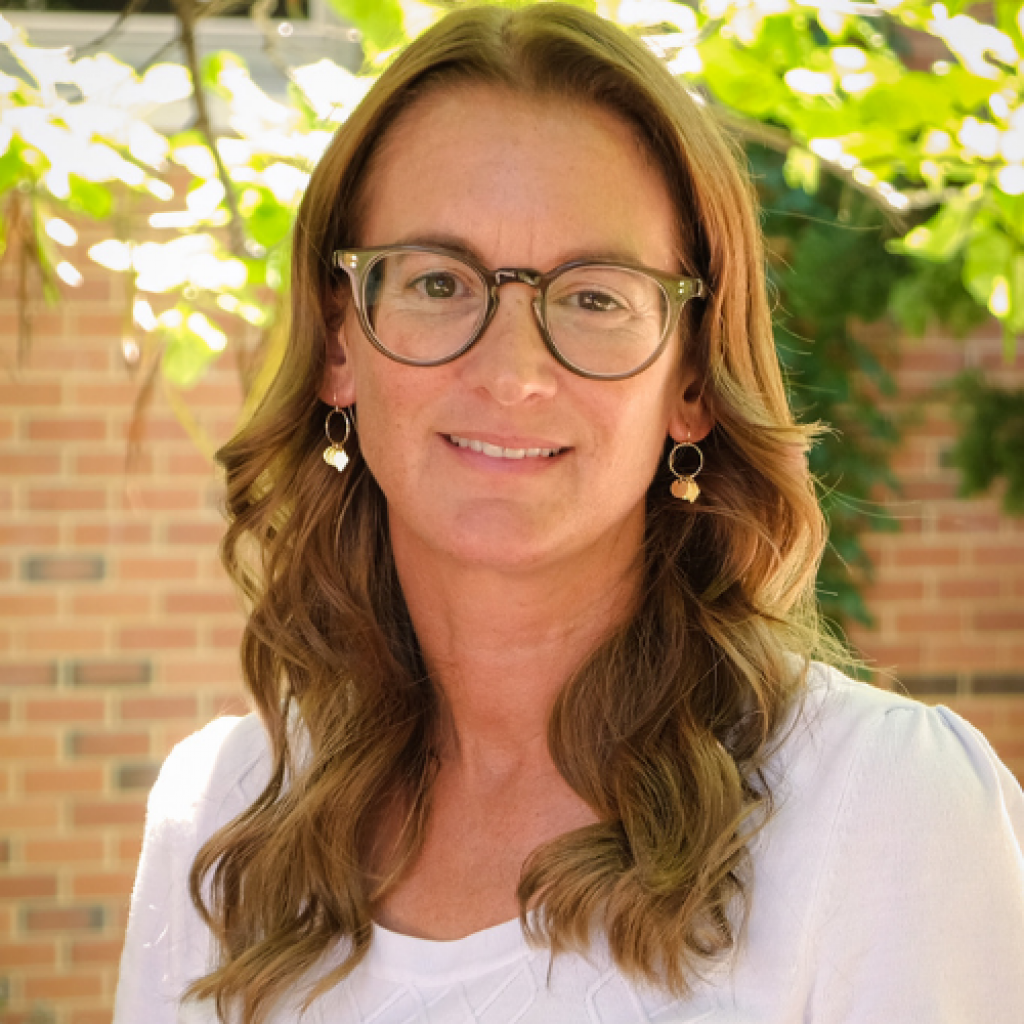Tell us about your current research project...
While diet appears to be linked to MS onset, the role of diet in the disease progression of MS remains unclear. My vision is to remove the confusion surrounding diet for people with MS. I will use a combination of research methods, including: interviewing people with MS, carers and health professionals about diet; using blood samples and dietary intake data from large, multicentre studies of people with MS to test whether diet might influence disease progression; and developing an online dietary education program for people with MS, codesigned by people with MS.
